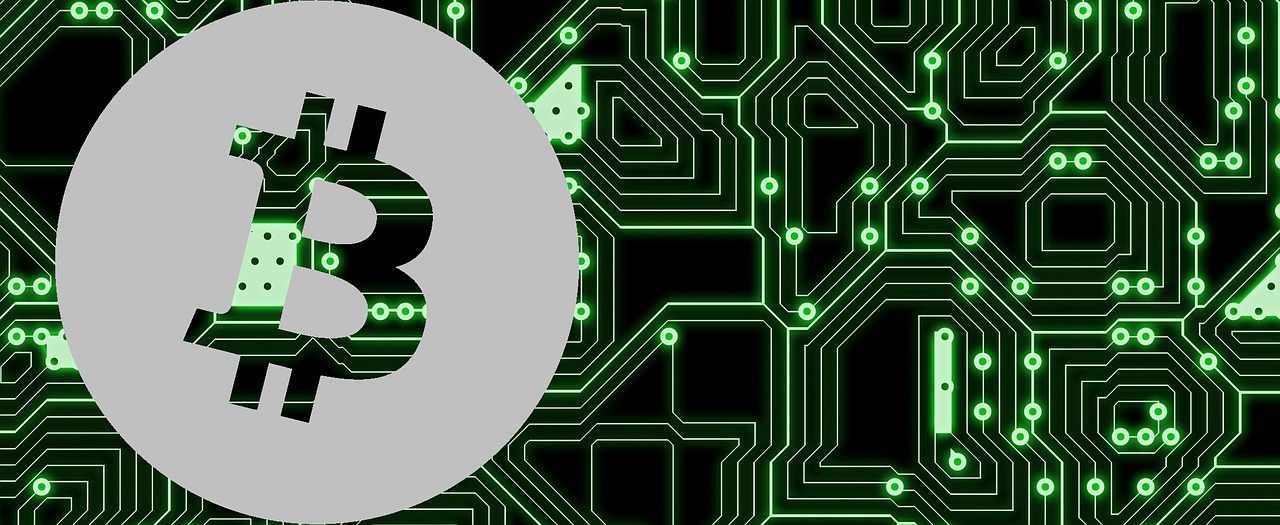Blockchain 1 : Replacing networks with Markets
Recently I came across this tweetstorm by Naval Ravikant. The tweet storm contains 36 tweets in total and we can elaborate on each of these tweets we can have an individual post on each because they deserve :) Over the next couple of weeks I will be trying to understand each of these a little more in depth and will write a post on each tweet. I think this is the best surmise you can get on the power of blockchains and what they intend to do.
1/ Blockchains will replace networks with markets.
Naval Ravikant (@naval) June 21, 2017
2/ Humans are the networked species. The first species to network across genetic boundaries and thus seize the world.
Naval Ravikant (@naval) June 21, 2017
3/ Networks allow us to cooperate when we would otherwise go it alone. And networks allocate the fruits of our cooperation.
Naval Ravikant (@naval) June 21, 2017
4/ Overlapping networks create and organize our society. Physical, digital, and mental roads connecting us all.
Naval Ravikant (@naval) June 21, 2017
5/ Money is a network. Religion is a network. A corporation is a network. Roads are a network. Electricity is a network...
Naval Ravikant (@naval) June 21, 2017
6/ Networks must be organized according to rules. They require Rulers to enforce these rules. Against cheaters.
Naval Ravikant (@naval) June 21, 2017
7/ Networks have "network effects." Adding a new participant increases the value of the network for all existing participants.
Naval Ravikant (@naval) June 21, 2017
8/ Network effects thus create a winner-take-all dynamic. The leading network tends towards becoming the only network.
Naval Ravikant (@naval) June 21, 2017
9/ And the Rulers of these networks become the most powerful people in society.
Naval Ravikant (@naval) June 21, 2017
10/ Some are run by kings and priests who choose what is money and law, sacred and profane. Rule is closed to outsiders and based on power.
Naval Ravikant (@naval) June 21, 2017
11/ Many are run by corporations. The social network. The search network. The phone or cable network. Closed but initially meritocratic.
Naval Ravikant (@naval) June 21, 2017
12/ Some are run by elites. The university network. The medical network. The banking network. Somewhat open and somewhat meritocratic.
Naval Ravikant (@naval) June 21, 2017
13/ A few are run by the mob. Democracy. The Internet. The commons. Open, but not meritocratic. And very inefficient.
Naval Ravikant (@naval) June 21, 2017
14/ Dictatorships are more efficient in war than democracies. The Internet and physical commons are overloaded with abuse and spam.
Naval Ravikant (@naval) June 21, 2017
15/ The 20th century created a new kind of network - market networks. Open AND meritocratic.
Naval Ravikant (@naval) June 21, 2017
16/ Merit in markets is determined by a commitment of resources. The resource is money, a form of frozen and trade-able time.
Naval Ravikant (@naval) June 21, 2017
17/ The market networks are titans. The credit markets. The stock markets. The commodities markets. The money markets. They break nations.
Naval Ravikant (@naval) June 21, 2017
18/ Market networks work where there is a commitment of money. Otherwise they are just mob networks. The applications are limited.
Naval Ravikant (@naval) June 21, 2017
19/ Until now.
Naval Ravikant (@naval) June 21, 2017
20/ Blockchains are a new invention that allows meritorious participants in an open network to govern without a ruler and without money.
Naval Ravikant (@naval) June 21, 2017
21/They are merit-based, tamper-proof, open, voting systems.
Naval Ravikant (@naval) June 21, 2017
22/ The meritorious are those who work to advance the network.
Naval Ravikant (@naval) June 21, 2017
23/ As society gives you money for giving society what it wants, blockchains give you coins for giving the network what it wants.
Naval Ravikant (@naval) June 21, 2017
24/ It's important to note that blockchains pay in their own coin, not the common (dollar) money of financial markets.
Naval Ravikant (@naval) June 21, 2017
25/ Blockchains pay in coin, but the coin just tracks the work done. And different blockchains demand different work.
Naval Ravikant (@naval) June 21, 2017
26/ Bitcoin pays for securing the ledger. Etherium pays for (executing and verifying) computation.
Naval Ravikant (@naval) June 21, 2017
27/ Blockchains combine the openness of democracy and the Internet with the merit of markets.
Naval Ravikant (@naval) June 21, 2017
28/ To a blockchain, merit can mean security, computation, prediction, attention, bandwidth, power, storage, distribution, content...
Naval Ravikant (@naval) June 21, 2017
29/ Blockchains port the market model into places where it couldn't go before.
Naval Ravikant (@naval) June 21, 2017
30/ Blockchains' open and merit based markets can replace networks previously run by kings, corporations, aristocracies, and mobs.
Naval Ravikant (@naval) June 21, 2017
31/ It's nonsensical to have a blockchain without a coin just like it's nonsensical to have a market without money.
Naval Ravikant (@naval) June 21, 2017
32/ It's nonsensical to have a blockchain controlled by a sovereign, a corporation, an elite, or a mob.
Naval Ravikant (@naval) June 21, 2017
33/ Blockchains give us new ways to govern networks. For banking. For voting. For search. For social media. For phone and energy grids.
Naval Ravikant (@naval) June 21, 2017
34/ Networks governed without kings, priests, elites, corporations and mobs. Networks governed by anyone with merit to the network.
Naval Ravikant (@naval) June 21, 2017
35/ Blockchain-based market networks will replace existing networks. Slowly, then suddenly. In one thing, then in many things.
Naval Ravikant (@naval) June 21, 2017
36/ Ultimately, the nation-state is just a network (of networks).
Naval Ravikant (@naval) June 21, 2017
What are you thoughts? Which was the best tweet in your opinion?
